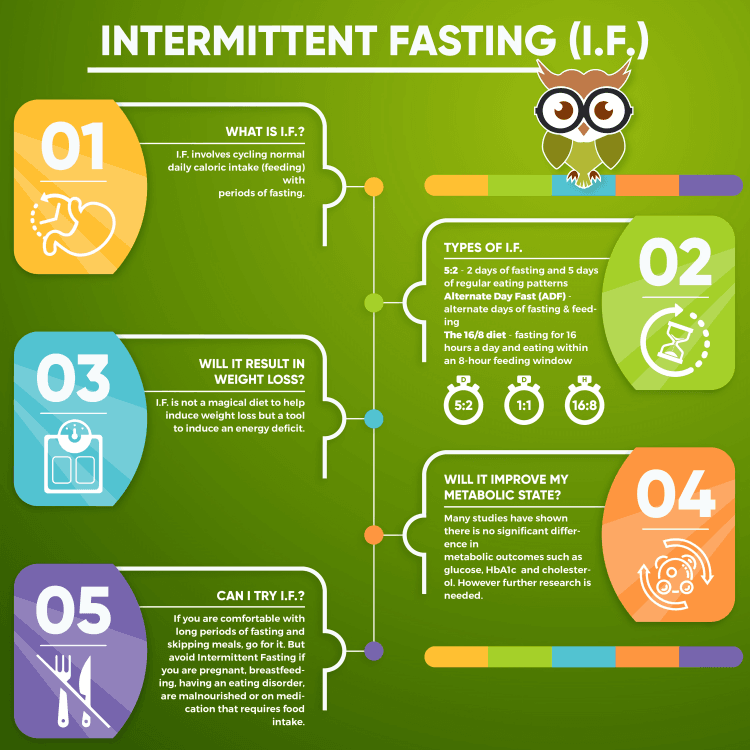
“
The best diets for weight loss are no longer about starving or obsessing over calories—they're about nourishment, sustainability, and feeling strong in your own skin. In a world overwhelmed by ever-changing health trends, it’s easy to fall into extremes or choose plans that feel impossible to maintain. It’s about food that fuels your goals, meals that satisfy, and habits that build a long-term foundation for wellness. 1
1
”
Creating a calorie deficit is crucial for weight loss, where you consume fewer calories than your body burns. This forces your body to use stored fat for energy, resulting in gradual fat loss consistently over time. 1
The Mediterranean diet emphasizes whole foods like fruits, vegetables, and lean proteins, with healthy fats such as olive oil. It supports heart health and helps weight loss by lowering calorie intake while keeping nutrition.2

Intermittent fasting involves cycles of eating and fasting, which helps regulate insulin levels and promote fat burning. By limiting eating windows, it can reduce calorie intake, leading to steady weight loss.
Low-fat diets can be effective for weight loss by reducing the intake of fats, especially unhealthy ones like trans and saturated fats. This method limits calories by emphasizing lean proteins and nutrient-rich foods. 3
Eating more protein can support weight loss by increasing feelings of fullness and preserving muscle mass. Protein-rich foods like lean meats, fish, and beans help curb hunger and reduce overall calorie intake. 4
Plant-based diets that include fruits, vegetables, legumes, and whole grains can aid weight loss by promoting fullness and reducing calorie intake. These diets are naturally lower in calories and fats for long-term weight management. 5
Portion control plays a key role in weight loss, as overeating healthy foods can still lead to excess calorie consumption. Using smaller plates and paying attention to hunger cues can help maintain a calorie deficit.6
Regular exercise boosts weight loss by increasing the number of calories burned and enhancing metabolism. Combining cardiovascular exercises with strength training helps preserve lean muscle mass.7

Drinking enough water throughout the day can help curb hunger and prevent overeating. Hydration boosts metabolism and can lead to weight loss by promoting feelings of fullness.
Mindful eating focuses on paying attention to the sensations of eating, which helps identify true hunger cues. Slowing down and savoring food can prevent overeating, making it easier to stick to a healthy eating plan. 8
Getting adequate sleep is crucial for weight management. Poor sleep disrupts hormones that regulate hunger and can increase cravings for high-calorie foods. Consistently getting 7-9 hours of sleep supports better appetite control. 9
Including healthy fats, such as those found in nuts, seeds, and avocados, in your diet can help control appetite and provide essential nutrients. Healthy fats support fullness and help control calories for weight loss.10
Eating meals at regular times helps stabilize blood sugar and prevent overeating. Consistent meal timing reduces snacking and promotes balanced calorie intake, aiding weight control and supporting weight loss goals.11
Cutting back on sugar, especially from drinks, lowers calorie intake and helps prevent weight gain. Choosing water or unsweetened drinks supports better health and makes weight management easier. 12
Making gradual diet changes—like smaller portions or healthier swaps—is more effective than sudden restrictions. These small steps are easier to stick with and help maintain steady weight loss without feeling deprived.13

Cooking at home gives better control over ingredients and portions. It reduces dependence on processed foods, which are often high in calories and unhealthy fats, making healthy eating more achievable.
Tracking food intake with a journal or app helps identify overeating and keeps you on track. It boosts awareness and supports a balanced, calorie-controlled diet for effective weight loss. 14
Personalizing your weight loss plan to fit your lifestyle makes it more enjoyable and sustainable. A tailored approach boosts adherence and increases long-term success in losing and maintaining weight. 15
Consistency in eating habits and activity is crucial for lasting weight loss. Small, manageable changes that become routine help maintain a healthy weight and prevent regaining it.16
Getting advice from a dietitian or nutritionist ensures your weight loss plan fits your needs. Experts offer guidance to avoid mistakes and support smarter, healthier choices. 17


